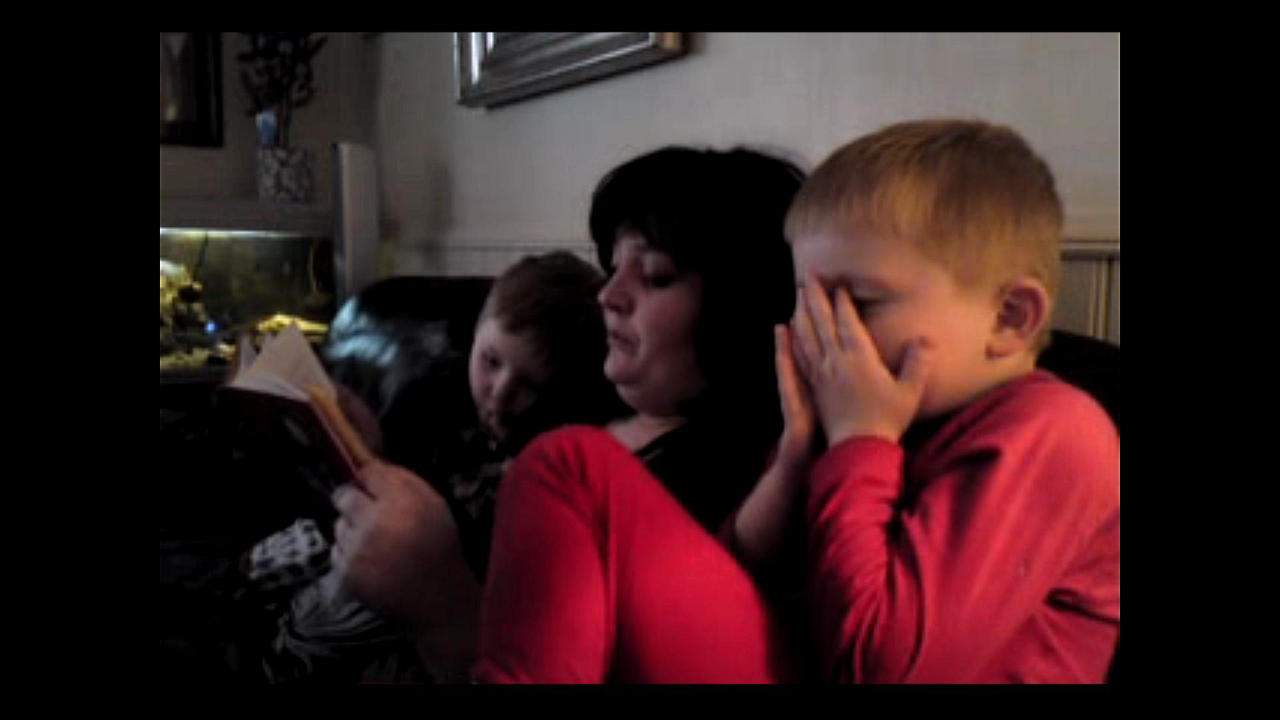
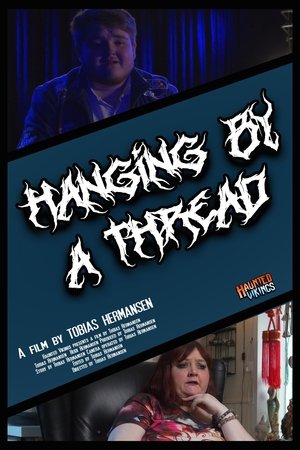
Hanging by a Thread(2025)
Depression tried to end my story. I chose to keep writing.
Filmmaker Tobias Hermansen, known for Dreamscape and Mentally Unavailable, has battled depression for years, facing moments of darkness that shaped his perspective on life. Through his struggles, he discovered the power of storytelling as both an escape and a means of self-expression. Now, he channels his personal experiences into powerful, deeply emotional films that shed light on mental health and human resilience, inspiring others through storytelling.
Movie: Hanging by a Thread
Top 4 Billed Cast
Self
Self (Archive Footage)
Self (Archive Footage)
Video Trailer Hanging by a Thread
Similar Movies
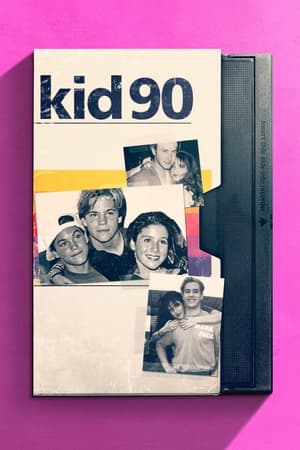 7.0
7.0kid 90(en)
As a teenager in the '90s, Soleil Moon Frye carried a video camera everywhere she went. She documented hundreds of hours of footage and then locked it away for over 20 years.
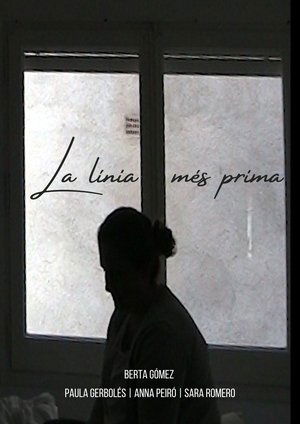 0.0
0.0The Thinnest Line(ca)
A fist-person story of the director of the documentary, who talks about the loneliness that entails living with an eating disorder and her vision now thar she is entering into adulthood.
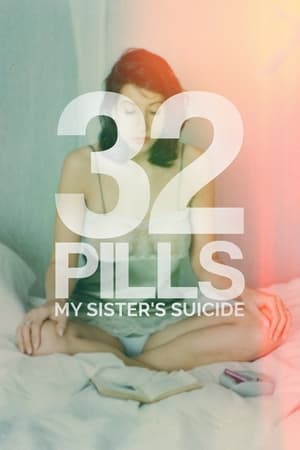 8.6
8.632 Pills: My Sister's Suicide(en)
Traces the life and mental illness of New York artist and photographer Ruth Litoff, and her sister's struggle to come to terms with her tragic suicide.
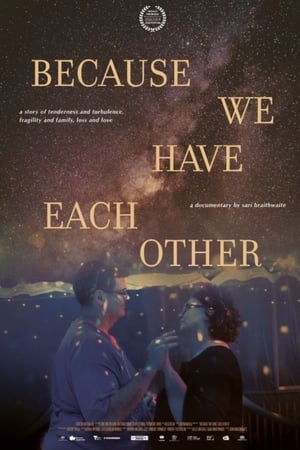 0.0
0.0Because We Have Each Other(en)
Janet Sharrock has two children and Brent “Buddha” Barnes has three; the pair has a meet-cute at the local RSL, marry and unite their families, Brady Bunch style. Now grown up, Becky (famous for being one of only 80 people in the world with Highly Superior Autobiographical Memory), Jessica (a comedian living with depression), Brendan (who aspires to take over Buddha’s repair shop), and young Kylie and Dylan laugh, cry, contemplate existence and dream big with their parents, finding joy and stability in one another as they face immense change.
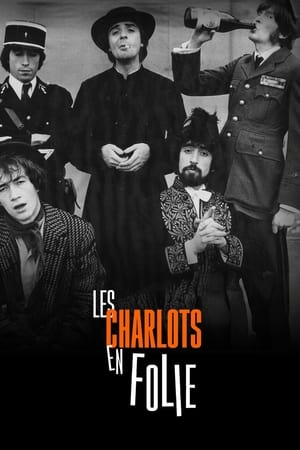 8.0
8.0Les Charlots en folie(fr)
Documentary on Les Charlots, known as The Crazy Boys in the English-speaking world, a group of French musicians, singers, comedians and film actors who were popular in the 1960s, 1970s, and early 1980s.
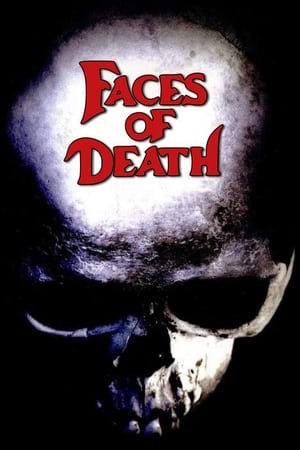 4.5
4.5Faces of Death(en)
A collection of death scenes, ranging from TV-material to home-made super-8 movies. The common factor is death by some means.
The Race for Everest(en)
The dramatic story of the British expedition that made the first ascent of Everest. Combining interviews with the surviving members of the 1953 British and 1952 Swiss attempt on Everest with rare archival material, this film tells the story of the race to climb Everest in the early 1950s and its climax in 1953.
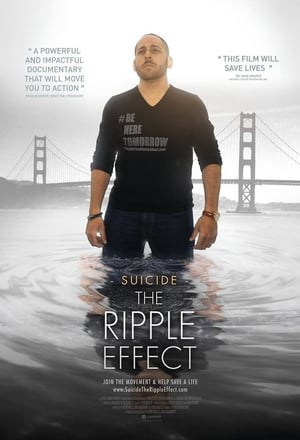 6.0
6.0Suicide: The Ripple Effect(en)
Survivor and mental wellness advocate Kevin Hines explores the lasting effects of suicide focusing on breaking stigma, advocacy, and mental wellness.
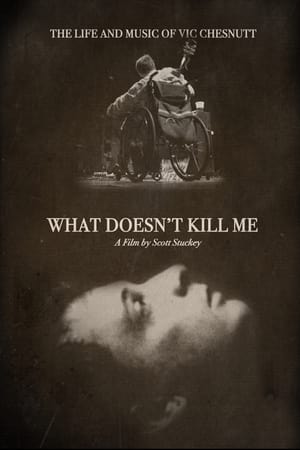 0.0
0.0What Doesn’t Kill Me: The Life and Music of Vic Chesnutt(en)
A documentary about the singer/songwriter Vic Chesnutt
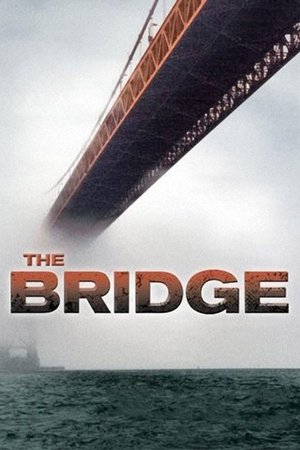 6.8
6.8The Bridge(en)
The Bridge is a controversial documentary that shows people jumping to their death from the Golden Gate Bridge in San Francisco - the world's most popular suicide destination. Interviews with the victims' loved ones describe their lives and mental health.
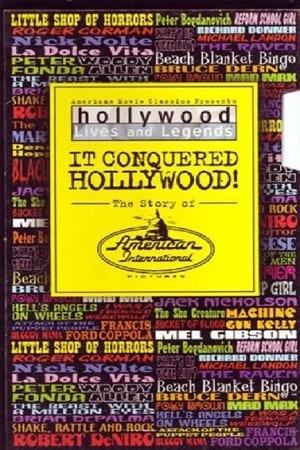 6.8
6.8It Conquered Hollywood! The Story of American International Pictures(en)
A 60-minute salute to American International Pictures. Entertainment lawyer Samuel Z. Arkoff founded AIP (then called American Releasing Corporation) on a $3000 loan in 1954 with his partner, James H. Nicholson, a former West Coast exhibitor and distributor. The company made its mark by targeting teenagers with quickly produced films that exploited subjects mainstream films were reluctant to tackle.
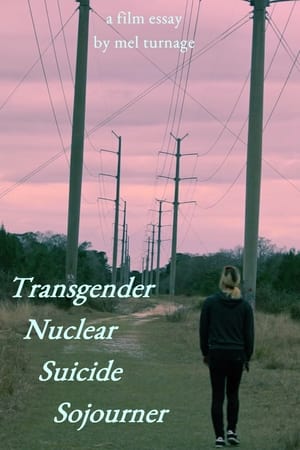 7.0
7.0Transgender Nuclear Suicide Sojourner(en)
Lies can kill. Transgender Nuclear Suicide Sojourner is an exploration of propaganda, lies, and the overwhelming urge to end it all.
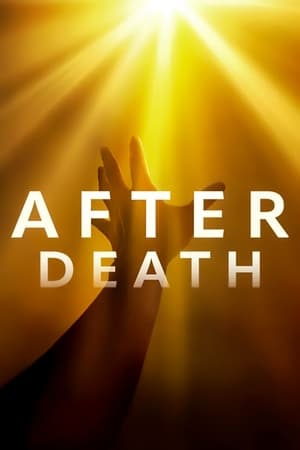 7.1
7.1After Death(en)
Based on real near-death experiences, the afterlife is explored with the guidance of New York Times bestselling authors, medical experts, scientists and survivors who shed a light on what awaits us.
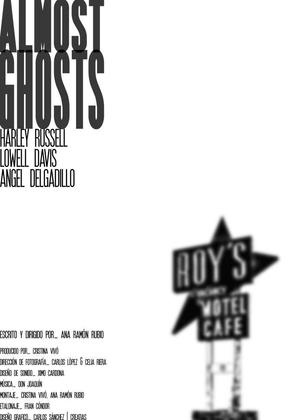 4.0
4.0Almost Ghosts(en)
Harley Russell, 73, lives only on the tips he receives at his wacky store at Erick (Oklahoma) with his Mediocre Music Maker show. Ángel Delgadillo, 91, the last barber of Seligman (Arizona), continues shaving drivers who go out of the interstate highway to visit his town. Lowell Davis, more than 80, is the first inhabitant of Red Oak II (Missouri), a ghost town which he rebuilt through the restoration of its old houses. Three stories of perseverance and overcoming in what was once the road that connected the United States from East to West. Three survivors that managed to save the most well-known route in America.
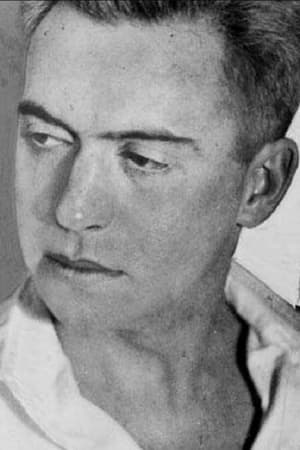 4.5
4.5Hart Crane: An Exegesis(en)
James Franco interviews three experts on the poet Hart Crane, whose life was the subject of his feature The Broken Tower (2011).
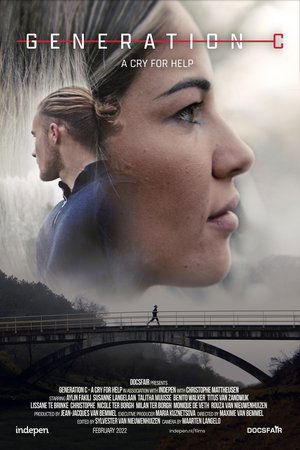 0.0
0.0Generation C(nl)
Due to the measures taken by the government, students have fewer and fewer prospects for a meaningful future. Life is on pause and society is kept in fear. The confidence in a bright future is gone. Even after 18 months, there is still no light at the end of the tunnel. The many promises have not yet changed this situation. In this moving documentary, young people give an idea of the impact of the measures on their lives. Is there still hope or has the damage already been done?
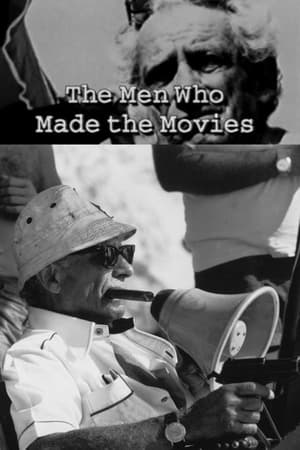 5.8
5.8The Men Who Made the Movies: Samuel Fuller(en)
Samuel Fuller discusses his career as a filmmaker, illustrated by plenty of clips.
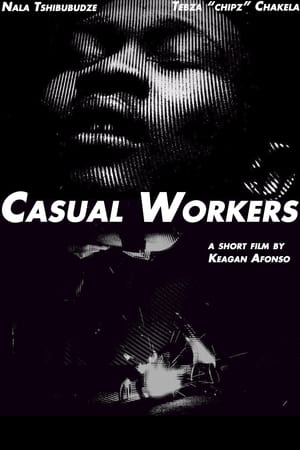 0.0
0.0Casual Workers(en)
An abstract perspective into two young South African workers in the heart of Johannesburg's industrial sector during Covid-19



